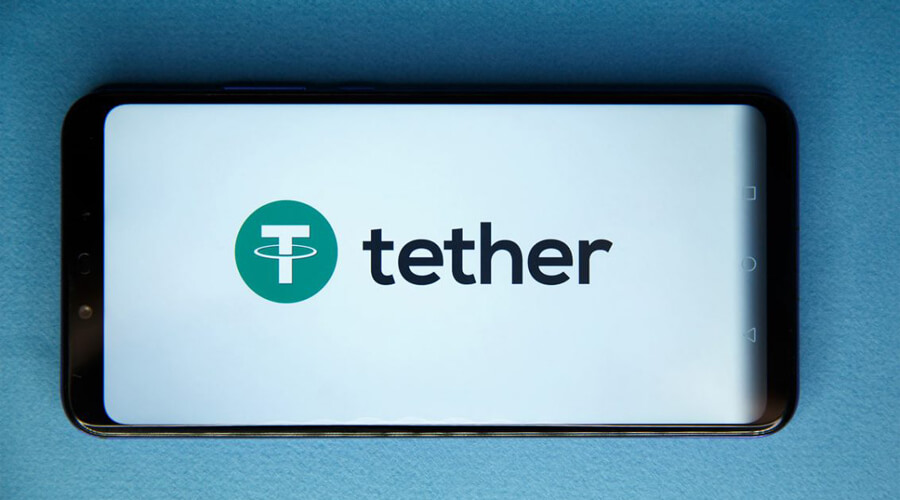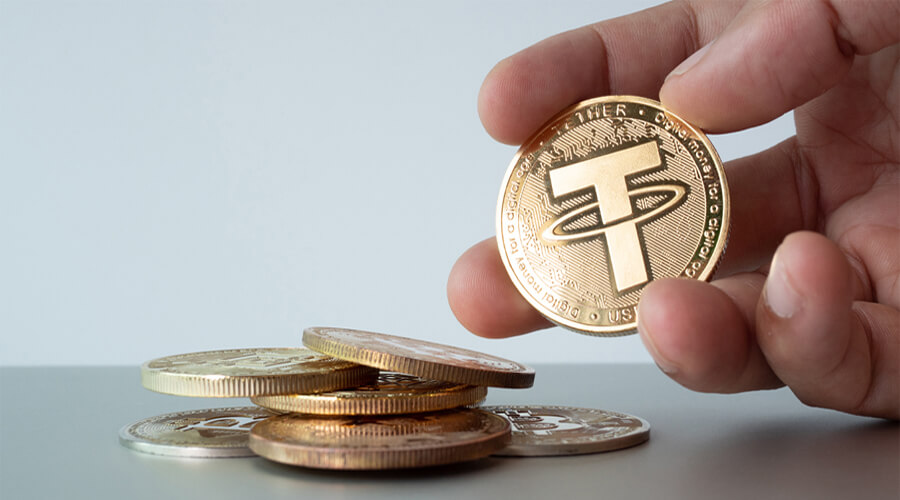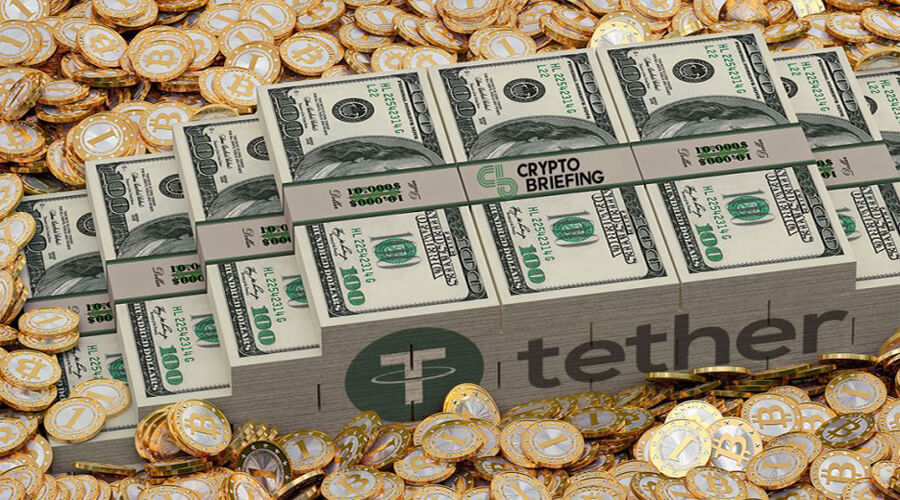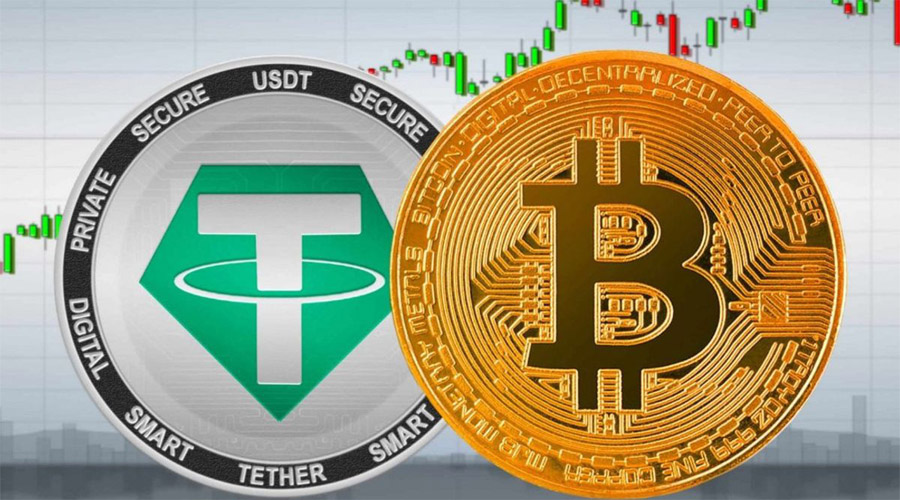Tether (USDT) is a type of cryptocurrency known as a stablecoin, designed to provide stability and reliability in a highly volatile cryptocurrency market. Unlike other cryptocurrencies like Bitcoin or Ethereum, which can experience significant price fluctuations, stablecoins are pegged to a stable asset, often a fiat currency like the US dollar. In this article, we’ll explore what Tether is, how it works, and its role in the world of cryptocurrencies.
The Basics of Tether
1. Stability: Tether is designed to maintain a stable value, typically aiming to be equivalent to one US dollar (USD). This stability makes it a useful tool for traders and investors looking to hedge against the volatility of other cryptocurrencies.
2. Pegged Value: Tether achieves stability by pegging its value to a reserve of real-world assets, primarily US dollars. For every USDT token in circulation, there should be an equivalent amount of USD held in reserve. This is known as a fiat-collateralized stablecoin.
3. Transparency: Tether Limited, the company behind Tether, has taken steps to improve transparency by periodically releasing attestations from third-party firms verifying their reserve holdings. This is in response to concerns about whether Tether maintains sufficient reserves to back its tokens.
4. Liquidity: Tether is widely accepted and traded on most cryptocurrency exchanges, making it highly liquid. Traders use USDT as a safe haven to park their funds when they want to exit volatile cryptocurrency markets quickly.
5. Utility: Tether is used for various purposes within the cryptocurrency ecosystem, including trading, arbitrage, and as a stable store of value. It is also used as a means of transferring value across exchanges and for cross-border transactions due to its stable value.
How Tether Works
Tether’s operation can be broken down into the following key steps:
1. Fiat Reserves: Tether Limited holds a reserve of real-world assets, primarily US dollars, in a bank account. These reserves serve as collateral for the issuance of USDT tokens.
2. Token Issuance: When users want to acquire USDT, they send an equivalent amount of fiat currency (e.g., USD) to Tether Limited. In return, Tether Limited issues an equivalent amount of USDT tokens on the Ethereum blockchain (or other blockchain networks).
3. Peg: The value of USDT is meant to be maintained at a 1:1 ratio with the US dollar. This means that for every USDT token issued, there should be a corresponding US dollar held in reserve.
4. Transaction Validation: Transactions involving USDT are recorded on the blockchain, ensuring transparency and security. Ethereum’s smart contract technology allows for the efficient creation and transfer of USDT tokens.
5. Redemption: Users can redeem their USDT tokens for fiat currency by sending them back to Tether Limited. This process should theoretically result in the release of the equivalent amount of fiat currency from Tether’s reserves.
Use Cases of Tether
Tether serves several essential use cases within the cryptocurrency ecosystem:
1. Trading Pair: USDT is often used as a trading pair on cryptocurrency exchanges. It provides a stable reference point for traders to measure the value of other cryptocurrencies.
2. Hedging: Traders and investors use Tether as a hedge against the price volatility of other cryptocurrencies. When they anticipate a market downturn, they can convert their assets into USDT to preserve their value.
3. Cross-Border Transactions: Tether’s stability makes it a convenient means for cross-border transactions, allowing users to send funds internationally without worrying about currency fluctuations.
4. Arbitrage: Arbitrage traders use Tether to take advantage of price differences between different cryptocurrency exchanges. They can quickly move their assets from one exchange to another using USDT.
Conclusion
Tether, with its stable value and widespread acceptance, plays a crucial role in the cryptocurrency ecosystem. It offers stability in a market known for its volatility and provides a bridge between traditional finance and the world of digital assets. While concerns about transparency and reserve holdings have arisen in the past, Tether remains a popular choice for traders and investors seeking a reliable stablecoin. Its success has also inspired the creation of other stablecoins, further expanding the options available to participants in the cryptocurrency space.



